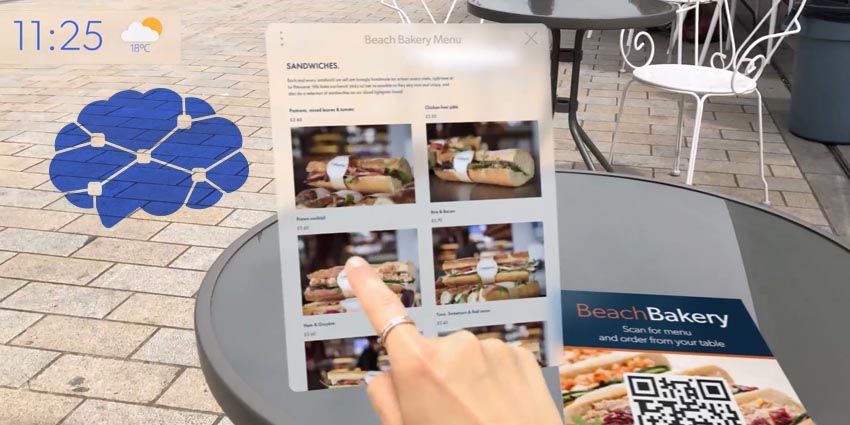XR data analytics firm CORTEXR has launched its platform on Tuesday to standardise virtual, augmented, and mixed reality (VR/AR/MR) technologies as well as the Metaverse.
The new tool leverages cognitive science and artificial intelligence (AI) to monitor six degrees of freedom (6DoF) behaviours and movements such as attention, immersion, and navigation in virtual spaces.
The Brighton, UK-based firm will also allow immersive content creators to analyse their projects across gaming engines, devices, and content, the company explained, adding its Unity-based plugin had launched with further support for Unreal Engine and 8th Wall over the next few months.
Some of the world’s top firms, including Coca-Cola, WPP, Yahoo, Mondelez International, and Clear Channel have tapped the platform for its deep insights on user behaviour in extended reality (XR).
The announcement comes just after three years of research and development (R&D) and beta testing with several global firms, leading to a unified solution for monitoring data analytics for the Metaverse.
Gaming engine plugins would gather sensor data from numerous devices and headsets and analyse spatial data in real-time via the cloud, with measurements recorded and viewed in bespoke dashboards.
Company Chief Executive Jonathan Barrowman said in a statement,
“CORTEXR solves a significant challenge for the XR industry with standardised and scalable data analytics to unlock data intelligence across all project and sectors”
XR Study on Key Analytics
The news comes after research firm Gorilla in the Room conducted a major study involving 65 immersive tech firms based on specific needs of the industry in data measuring, revealing stronger metrics analysis would significantly facilitate growth in the sector.
The report involved major firms such as Unity Technologies, Jaguar Land Rover, Virti, Infinity Labs, Motive.io, HTC, Yahoo, and nDreams for a comprehensive look at the XR industry.

According to findings, 83 percent of respondents stated data analytics were necessary to expand their businesses, noting current methodologies “had not kept pace with creative and technical developments” which did not “capture the unique nature of 3D experiences.”
It added that specific technologies, including heatmaps, attention measurements, telemetry, response tracking, as well as time, view count, and user ID were critical to accurate metrics in the Metaverse.
Eye, gaze, and hand-tracking were also key to learning user behaviours and interactions with immersive content, the survey continued.
Read More: www.xrtoday.com









 Bitcoin
Bitcoin  Ethereum
Ethereum  XRP
XRP  Tether
Tether  Solana
Solana  Dogecoin
Dogecoin  Cardano
Cardano  USDC
USDC  Lido Staked Ether
Lido Staked Ether  Avalanche
Avalanche  TRON
TRON  Shiba Inu
Shiba Inu  Toncoin
Toncoin  Stellar
Stellar  Wrapped stETH
Wrapped stETH  Polkadot
Polkadot  Wrapped Bitcoin
Wrapped Bitcoin  Chainlink
Chainlink  Bitcoin Cash
Bitcoin Cash  WETH
WETH  Sui
Sui  Hedera
Hedera  Litecoin
Litecoin  Pepe
Pepe  NEAR Protocol
NEAR Protocol  LEO Token
LEO Token  Uniswap
Uniswap  Wrapped eETH
Wrapped eETH  Aptos
Aptos  Internet Computer
Internet Computer  USDS
USDS  Cronos
Cronos  Ethereum Classic
Ethereum Classic  POL (ex-MATIC)
POL (ex-MATIC)  Artificial Superintelligence Alliance
Artificial Superintelligence Alliance  Bittensor
Bittensor  Ethena USDe
Ethena USDe  Render
Render  Filecoin
Filecoin  Algorand
Algorand  Arbitrum
Arbitrum  Dai
Dai  Cosmos Hub
Cosmos Hub  Stacks
Stacks  Immutable
Immutable  WhiteBIT Coin
WhiteBIT Coin  Celestia
Celestia